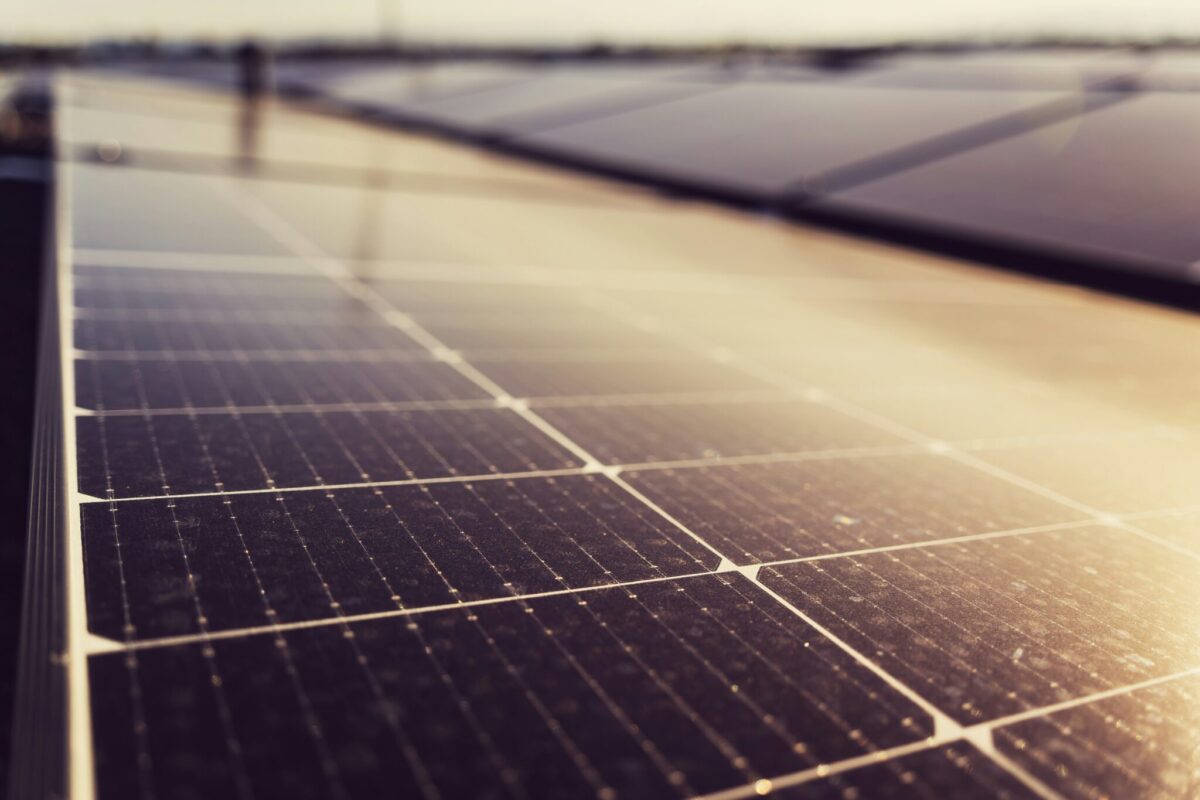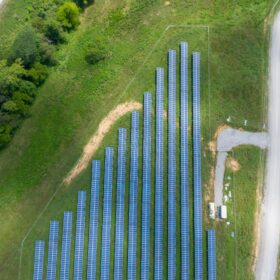A new resilient solar-powered microgrid community has been launched by KB Home. The microgrid features interconnected solar, battery energy storage, and all-electric smart appliances. The new home communities are located in Menifee, California, situated inland between San Diego and Los Angeles.
KB Home is partnering with the U.S. Department of Energy, SunPower, the Advanced Power and Energy Program at the University of California, Irvine, Southern California Edison, Schneider Electric, and Kia to test the energy-efficient and resilient new homes at the Shadow Mountain master plan area in Menifee.
Each home is equipped with smart technologies and microgrid technology, meaning the community can flexibly and efficiently move the solar-generated electricity where and when it is needed most.
KB Home said its sustainable-design homes have cumulatively led to an estimated $856 million in reduced energy bills. To date, the company estimates it has abated 6.3 billion pounds of carbon emissions, the equivalent of taking 616,000 gas-powered cars off the road for a year. The homebuilder has delivered over 14,000 solar homes, achieving 44 MW of solar power installed.
A study by the University of Otago found that the collective use of batteries had dramatic effects on both energy load smoothing and peak demand shaving, meaning the flexible use of energy reduces the amount of infrastructure buildout to support demand. Aggregation of smart storage led to a reduction in per-house battery requirements by 50% for load-smoothing needs and by 90% or peak shaving.
“Working with industry and academic leaders, we plan to explore how these energy-smart connected communities can help protect the environment and turn our homes into their own power centers designed to deliver resiliency while also reducing the overall cost of long-term homeownership,” said Jeffrey Mezger, KB Home’s chairman, president and chief executive officer.
The project partners will conduct research, measuring energy efficiency of the energy-smart community as compared to traditional residential solar communities. They will help develop methods to more effectively meet requirements of future energy codes. The partners will also seek to refine methods for maximizing the efficiency of smart-connected devices working in concert with each other. The study will continue beyond the development stage of the community.
KB Home said some of the benefits of the housing community include:
- A potential 40% decrease in energy use.
- Backup power during grid outages.
- EV charger-ready, with some communities testing the use of bi-directional EV charging for boosted resilience.
- Real-time energy monitoring platform.
- Local, rooftop solar.
- Every energy-smart connected home will be certified as a DOE-designated Zero Energy Ready Home (ZERH), reflecting a high level of performance with rigorous requirements that build on the Environmental Protection Agency’s (EPA) Energy Star program.
“KB Home has been at the forefront of deploying advanced technologies and energy solutions for the benefit of our homebuyers. In our pursuit of building better homes, better communities and a better future, we believe that our all-electric, solar- and battery-powered homes at Oak Shade and Durango in Menifee, California have the potential to deliver significant energy savings,” said Mezger.
This content is protected by copyright and may not be reused. If you want to cooperate with us and would like to reuse some of our content, please contact: editors@pv-magazine.com.









By submitting this form you agree to pv magazine using your data for the purposes of publishing your comment.
Your personal data will only be disclosed or otherwise transmitted to third parties for the purposes of spam filtering or if this is necessary for technical maintenance of the website. Any other transfer to third parties will not take place unless this is justified on the basis of applicable data protection regulations or if pv magazine is legally obliged to do so.
You may revoke this consent at any time with effect for the future, in which case your personal data will be deleted immediately. Otherwise, your data will be deleted if pv magazine has processed your request or the purpose of data storage is fulfilled.
Further information on data privacy can be found in our Data Protection Policy.